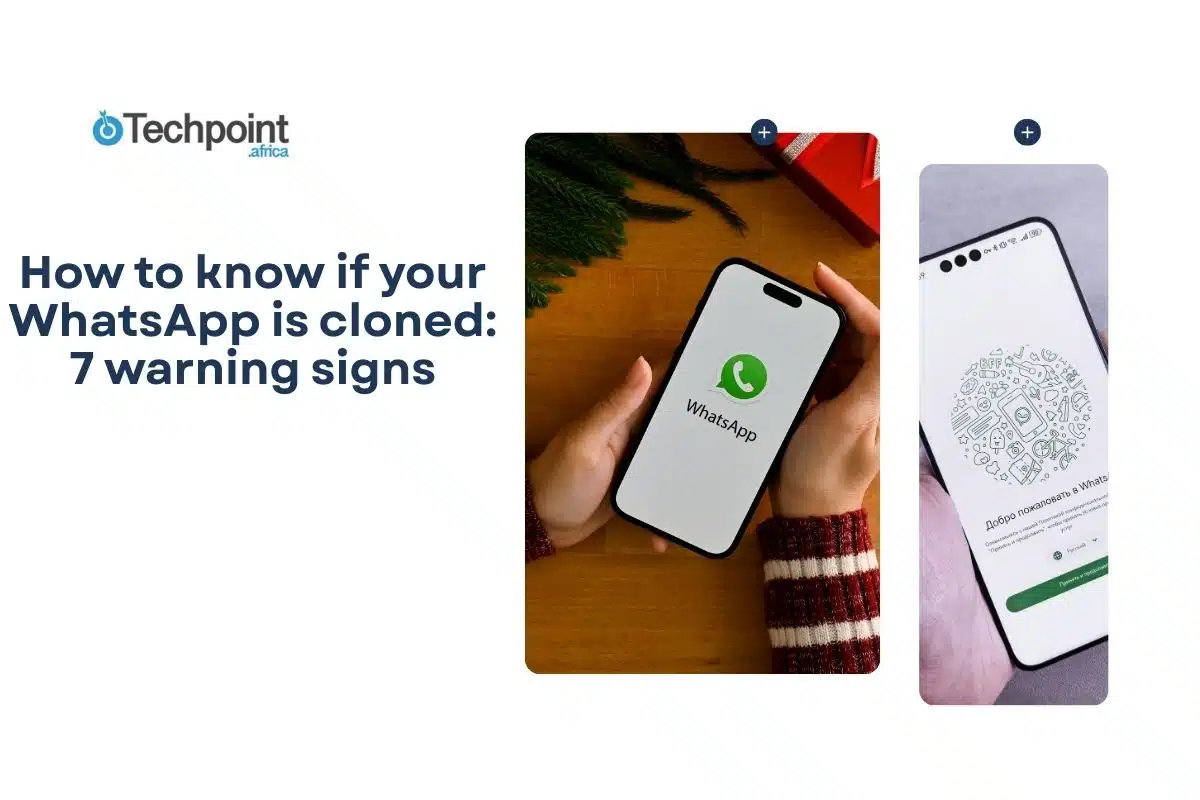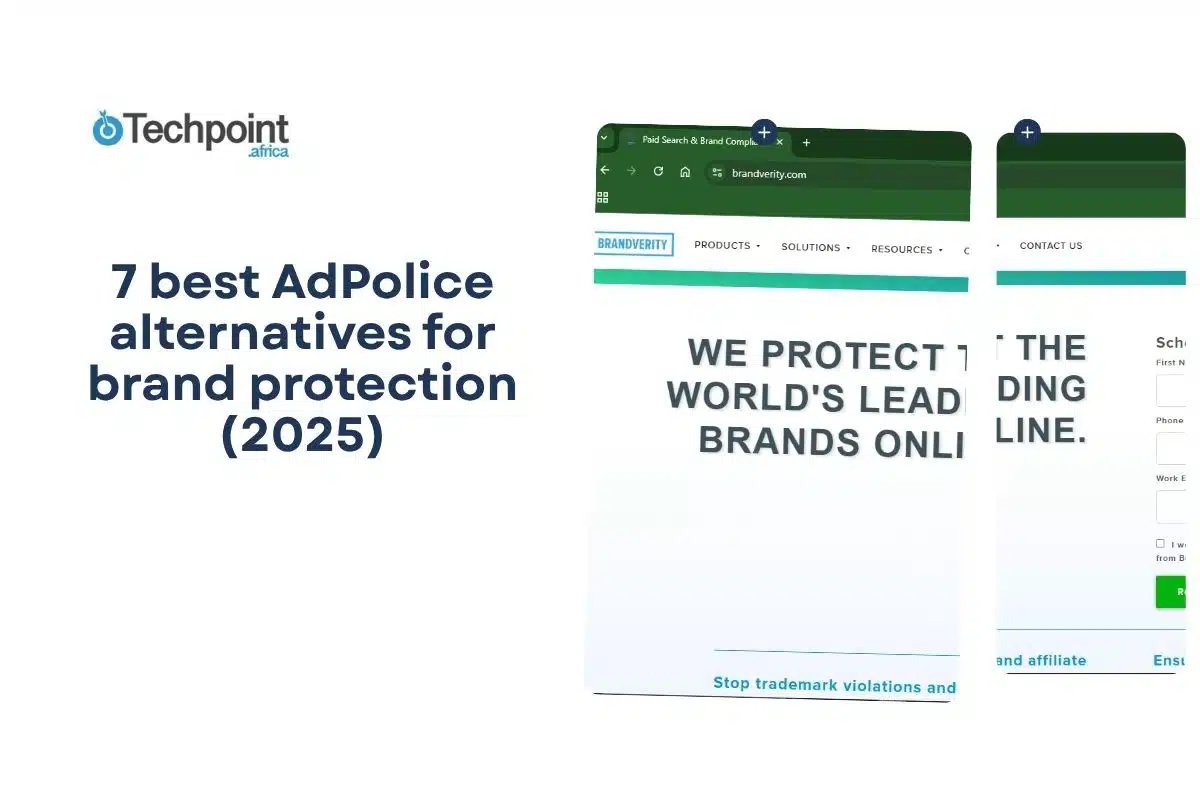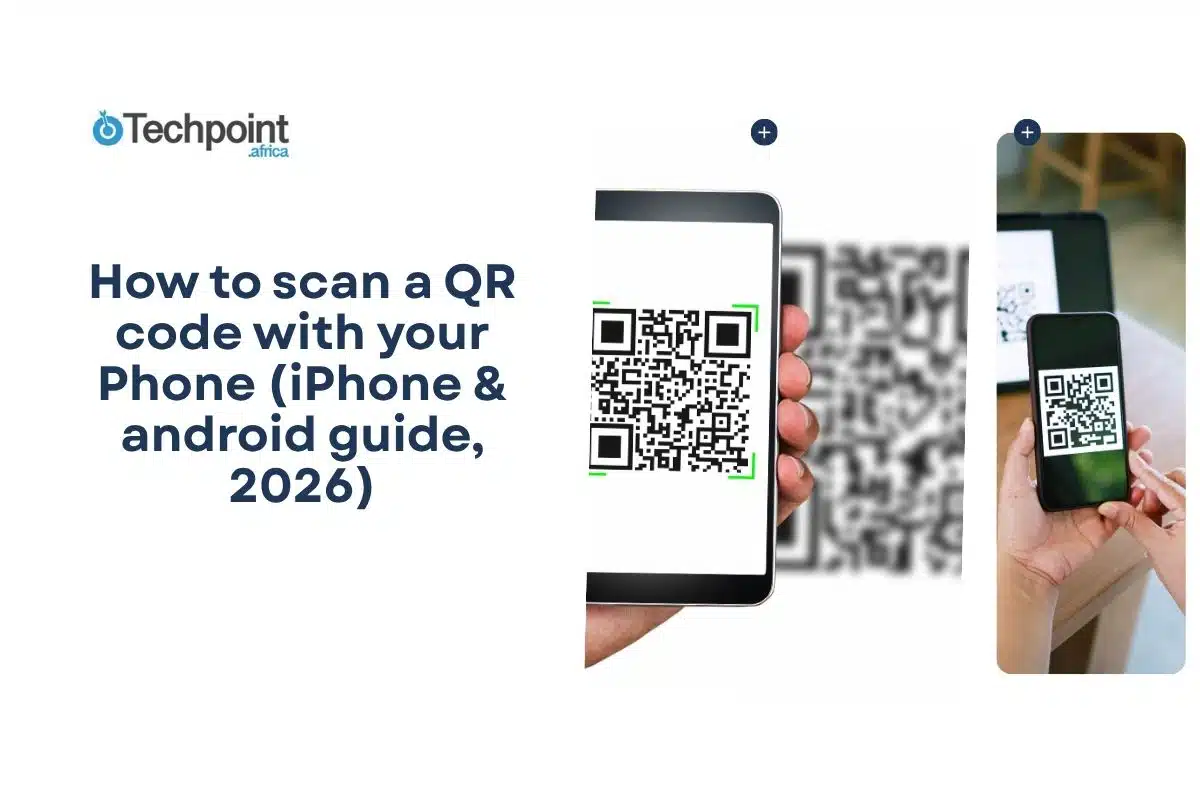
WhatsApp cloning is on the rise, with social engineering attacks targeting messaging apps increasing by 67% in 2024. Cloned accounts allow cybercriminals to access your messages, contacts, and sensitive information without your knowledge. Recognizing the signs early is crucial to protecting both personal and business accounts from fraud and identity theft.
In this guide, you will learn:
- 7 Key Warning Signs That Indicate Your WhatsApp May Be Cloned
- Step-by-Step Methods to Check for Cloning on Mobile and Desktop.
- Immediate actions to secure your account and limit potential damage.
- Prevention strategies to safeguard your WhatsApp from future attacks.
Quick-Glance: WhatsApp Clone Detection Checklist
| Warning sign | Severity level | Immediate action |
| Unexpected logouts | High | Check active sessions |
| Messages marked as read | Medium | Review message history |
| Battery draining faster | Low | Monitor app usage |
| Contacts reporting strange messages | Critical | Change password immediately |
| Unknown WhatsApp web sessions | High | Log out of all devices |
| Unsolicited verification codes | Critical | Enable two-step verification |
Understanding WhatsApp Cloning
WhatsApp cloning is different from traditional hacking. Instead of breaking into your phone or password, cybercriminals replicate your account on another device, giving them access to your messages, contacts, and sometimes sensitive information. Cloning attacks often rely on social engineering tactics rather than advanced technical exploits, which makes awareness and vigilance the most effective defense.
How cloning attacks work
Common cloning methods include:
- QR Code Scanning: Attackers trick you into scanning a malicious QR code that links your account to another device.
- SIM Swapping: Cybercriminals convince your mobile carrier to switch your number to their SIM, allowing them to receive verification codes.
- Social Engineering: Through phone calls, phishing, or messaging, attackers manipulate users into sharing verification codes or personal information.
Why cybercriminals target WhatsApp
WhatsApp accounts contain personal conversations, media files, and sometimes financial or business data. Cloned accounts can be used for identity theft, sending spam or malicious links to your contacts, or launching scams such as fake payment requests. Business accounts are beautiful because they often handle client communications and confidential information.
Recent data shows a 67% increase in WhatsApp cloning and related social engineering attacks. Business accounts are three times more likely to be targeted, and 73% of successful cloning attempts start with a social engineering interaction over phone calls. Users with two-step verification enabled are 89% less likely to fall victim, highlighting the importance of proactive security measures.
Understanding what cloning is and how it works is the first step in protecting your account. The next section will outline 7 warning signs that your WhatsApp account may be cloned, so you can detect issues before they escalate.
7 warning signs your WhatsApp is cloned
Being able to spot the early warning signs of a cloned WhatsApp account is crucial for preventing unauthorized access and protecting your data. Here are the seven most common indicators:
- Unexpected Logouts and Session Interruptions
Frequent automatic logouts from the app or notifications that WhatsApp Web is active when you haven’t logged in can indicate that someone else is accessing your account. Repeated requests for phone number verification are also a red flag.
- Messages appear as read when you haven’t read them
If conversations show blue checkmarks without your activity, or timestamps and “last seen” statuses don’t match your usage, it may mean another device is reading your messages.
- Battery drainage and performance issues
Cloning can increase app activity, causing your battery to drain faster than normal. You might also notice your phone overheating, running slower, or experiencing unexplained spikes in data usage.
- Contacts receiving messages you didn’t send
Friends reporting spam, suspicious links, or requests for money from your account is a critical warning. Sometimes messages are sent in languages you don’t speak or outside your normal usage patterns.
- Unknown WhatsApp web sessions
Check Linked Devices regularly. Unfamiliar locations, multiple sessions you don’t recognize, or notifications about new device connections indicate someone else may be using your account.
- Changes in account settings you didn’t make
Unexpected updates to your profile picture, status, privacy settings, or About section are strong indicators of unauthorized access.
- Verification code requests and security alerts
Receiving SMS codes you didn’t request or alerts about new logins is a sign someone is attempting to clone your account. Never share these codes with anyone.
Recognizing these warning signs early allows you to act before significant damage occurs. The next section will guide you through step-by-step methods to check for WhatsApp cloning on both desktop and mobile devices.
How to check for WhatsApp cloning
Detecting a cloned WhatsApp account quickly is essential to prevent unauthorized access. Follow these step-by-step methods on both desktop and mobile devices.
Desktop Check (WhatsApp Web)
- Open WhatsApp Web in your browser.
- Click the three dots menu (⋮) in the top-left corner and select Linked Devices.
- Review all active sessions, checking for unfamiliar locations, devices, or multiple instances.
- Look for unusual IP addresses or timestamps that don’t match your activity.
- If anything seems suspicious, log out of the session immediately.
Mobile App Check
- Open WhatsApp on your phone and go to Settings → Linked Devices.
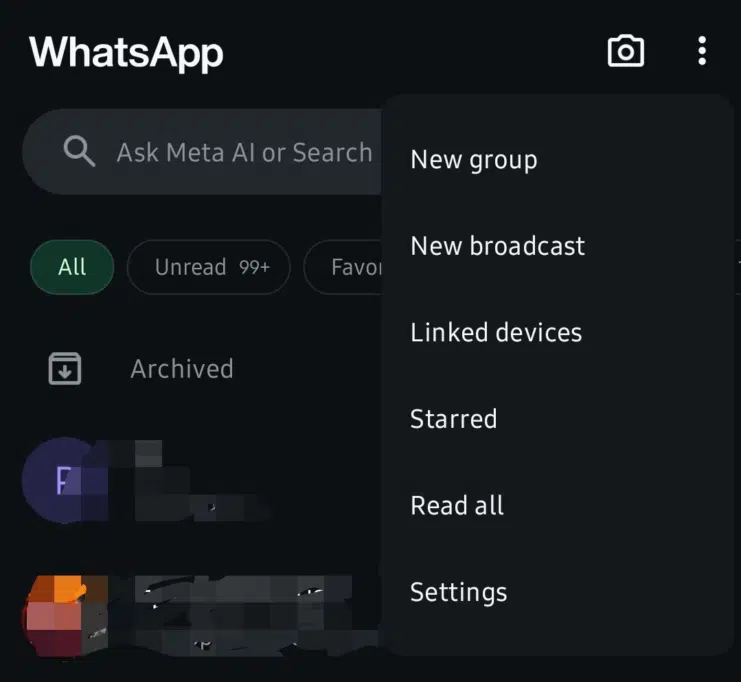
- Review all connected devices and their Last Active timestamps.
- Monitor account activity logs for unexpected behaviors, such as messages marked as read that you haven’t seen.
- Check for unknown WhatsApp Web sessions and remove any devices you don’t recognize.
Advanced detection methods
- Enable WhatsApp’s security notifications to get alerts when a new device accesses your account.
- Monitor message delivery reports for anomalies, such as messages showing as delivered or read unexpectedly.
- Observe contact interaction patterns—friends reporting messages you didn’t send is a major red flag.
- Review backup and sync settings to ensure no unknown devices are linked to your cloud storage.
By performing these checks regularly, you can detect unauthorized access early and act before any sensitive information is compromised.
Immediate steps if your whats app is cloned
If you suspect your WhatsApp account has been cloned, acting quickly can prevent further damage. Follow these steps in three phases:
Phase 1: secure your account (do this now)
- Log out of all WhatsApp Web sessions via Settings → Linked Devices.
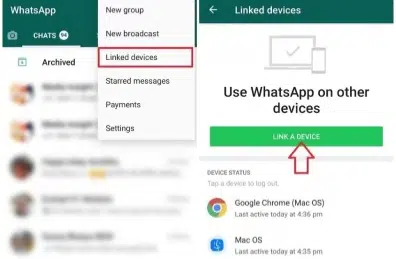
- Change your phone’s lock screen password to prevent unauthorized access.
- Enable two-step verification with a strong PIN to add an extra layer of security.
- Update WhatsApp to the latest version to patch any vulnerabilities.
- Restart your phone to clear any malicious processes that may be running in the background.
Phase 2: damage assessment and control
- Review recent conversations for suspicious activity, noting messages you didn’t send.
- Check if sensitive information—photos, documents, or account credentials—was accessed.
- Notify close contacts about the potential compromise, so they don’t fall for scams sent from your account.
- Monitor linked accounts like email and banking apps for unusual activity.
- Take screenshots of evidence for reporting purposes, documenting suspicious messages or sessions.
Phase 3: report and recovery
- Report the incident to WhatsApp through their official support channels.
- Contact your mobile carrier if you suspect SIM swapping.
- File a report with local cybercrime authorities if any financial loss occurred.
- Consider temporarily deactivating your account if the compromise is severe, preventing further unauthorized access until the situation is resolved.
By following these immediate steps, you can secure your account, minimize potential damage, and set the stage for full recovery. Acting promptly is key to stopping cybercriminals from exploiting your WhatsApp account.
Prevention strategies and best practices
Preventing WhatsApp cloning is far easier than dealing with the consequences. Implement these measures to protect your account proactively.
Essential security measures
- Enable Two-Step Verification: This adds a PIN requirement whenever your phone number is registered on WhatsApp. Users with two-step verification are 89% less likely to have their accounts cloned.
- Use Strong, Unique Phone Lock Screens: Employ a PIN, password, or biometric authentication to secure your device. Avoid easy-to-guess codes.
- Regular Security Audits of Linked Devices: Check Settings → Linked Devices weekly to remove any unfamiliar sessions.
- Keep WhatsApp Updated: Always install the latest updates to patch vulnerabilities and improve security.
Advanced protection tips
- Avoid Scanning Unknown QR Codes: Only scan codes from trusted sources to prevent linking your account to a malicious device.
- Never Share Verification Codes: Cybercriminals often request codes through social engineering; keep them private.
- Use Secure Wi-Fi Networks Only: Public Wi-Fi can be exploited for account cloning attempts.
- Weekly Security Checks: Monitor battery usage, data consumption, and app behavior for unusual activity.
- Educate Family Members: Make sure anyone using your device understands social engineering tactics.
Business account additional security
- Implement WhatsApp Business API security protocols to control access and protect client communications.
- Conduct regular team training on account security and phishing awareness.
- Monitor business account activity closely, watching for unusual logins or message patterns.
- Backup critical communications to ensure recovery in case of a compromise.
Following these strategies significantly reduces the risk of WhatsApp cloning and ensures both personal and business accounts remain secure. Prevention is the most reliable defense—proactive measures save time, stress, and potential financial loss.
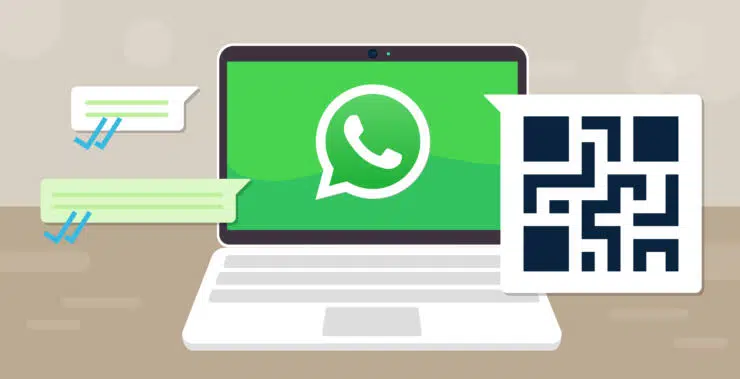
Key Insights & Trends
- WhatsApp cloning attempts rose 67% in 2024, with peak activity during holiday seasons.
- 73% of successful cloning attacks start with social engineering over phone calls.
- Users with two-step verification enabled are 89% less likely to be cloned.
- Business accounts are three times more likely to be targeted than personal accounts.
- Regular monitoring of linked devices and session activity is crucial for early detection and prevention.
These trends highlight the importance of vigilance and proactive security measures to safeguard both personal and business WhatsApp accounts.
FAQs
- Can someone clone my WhatsApp without accessing my phone?
Yes, cloning can occur via social engineering, SIM swapping, or QR code tricks. Physical access is not always required, which is why vigilance is essential.
- How long does it take to detect WhatsApp cloning?
Detection time varies. If you regularly monitor Linked Devices and account activity, you can spot suspicious behavior within minutes. Otherwise, it may go unnoticed for days.
- Is WhatsApp Web safe to use?
Yes, WhatsApp Web is secure if you log out after use, avoid public computers, and regularly check active sessions. Unattended sessions are a common vector for cloning.
- What should I do if I receive a verification code I didn’t request?
Do not share the code with anyone. This may indicate someone is attempting to clone your account. Enable two-step verification immediately and monitor your account.
- Can cloned WhatsApp access my old messages?
No, cloned accounts only have access to messages sent and received while the clone is active. Previously backed-up messages remain secure if your account settings and backups are protected.
Final thoughts
WhatsApp cloning is a growing threat; however, early detection and proactive security measures can help keep your account safe. Recognize the 7 key warning signs—unexpected logouts, unread messages marked as read, battery issues, unknown WhatsApp Web sessions, and unsolicited verification codes—and act immediately if you notice any.
Secure your account by logging out of all devices, enabling two-factor authentication, updating your passwords, and regularly monitoring linked sessions. For business users, maintain strict team protocols and closely monitor account activity.
Bookmark this guide for yourself and your family members, and make it a habit to perform weekly security checks. If you suspect cloning, report it to WhatsApp and, if necessary, your local cybercrime authorities. Taking these steps ensures your messages, contacts, and sensitive information remain protected from cybercriminals.
More to read:
What to do if your WhatsApp account is hacked: step-by-step recovery guide
Can’t remove Meta AI from WhatsApp? Here’s how I blocked it
I tested Meta AI on WhatsApp (2025): how it works & how to use it

